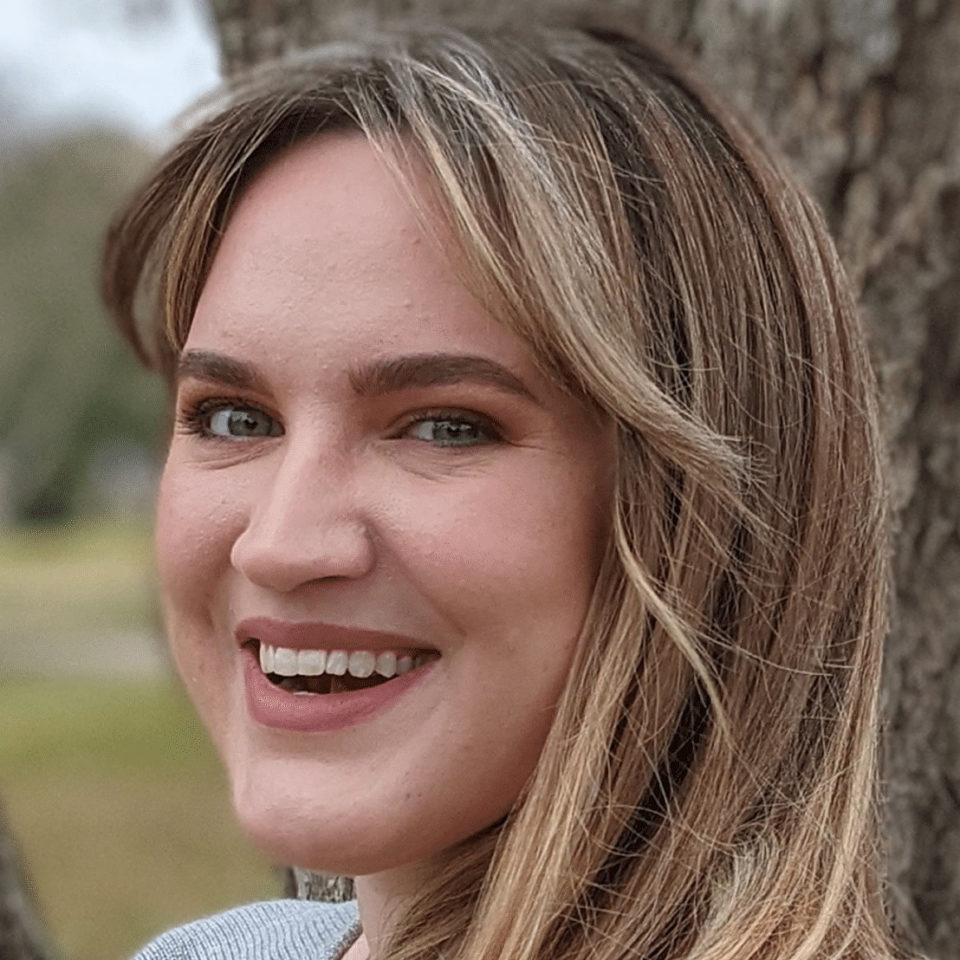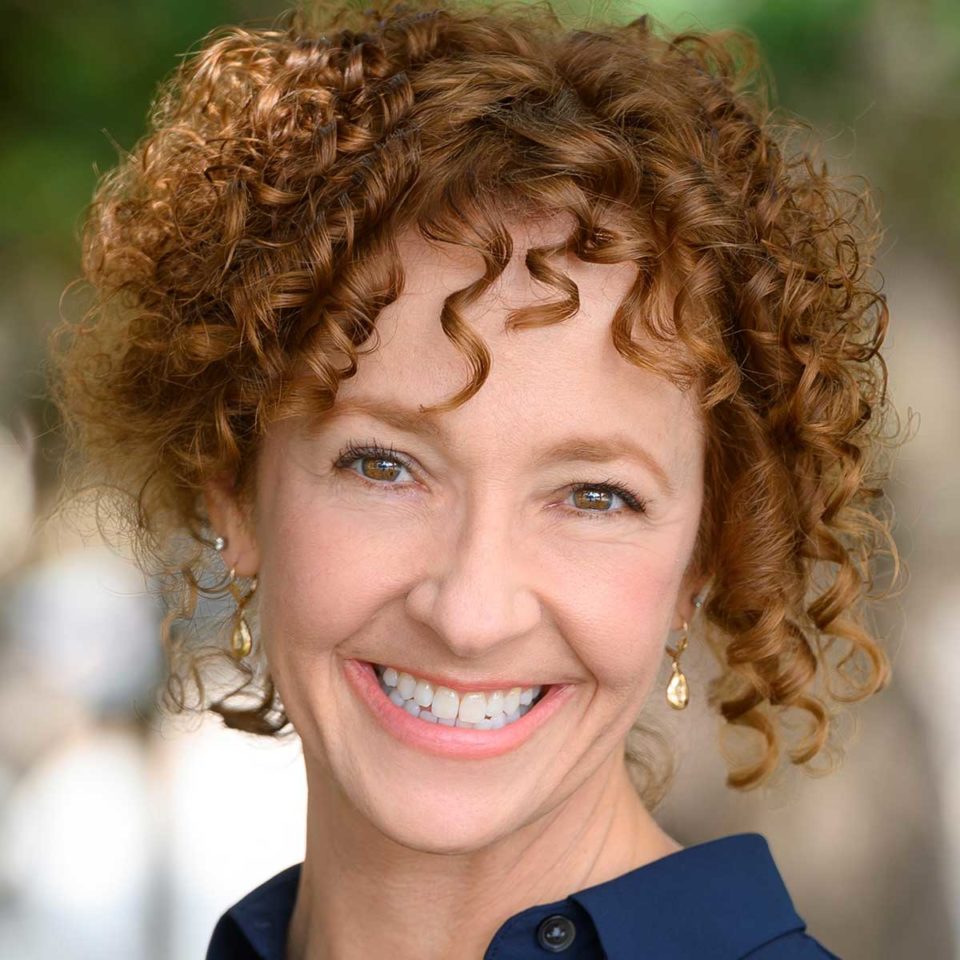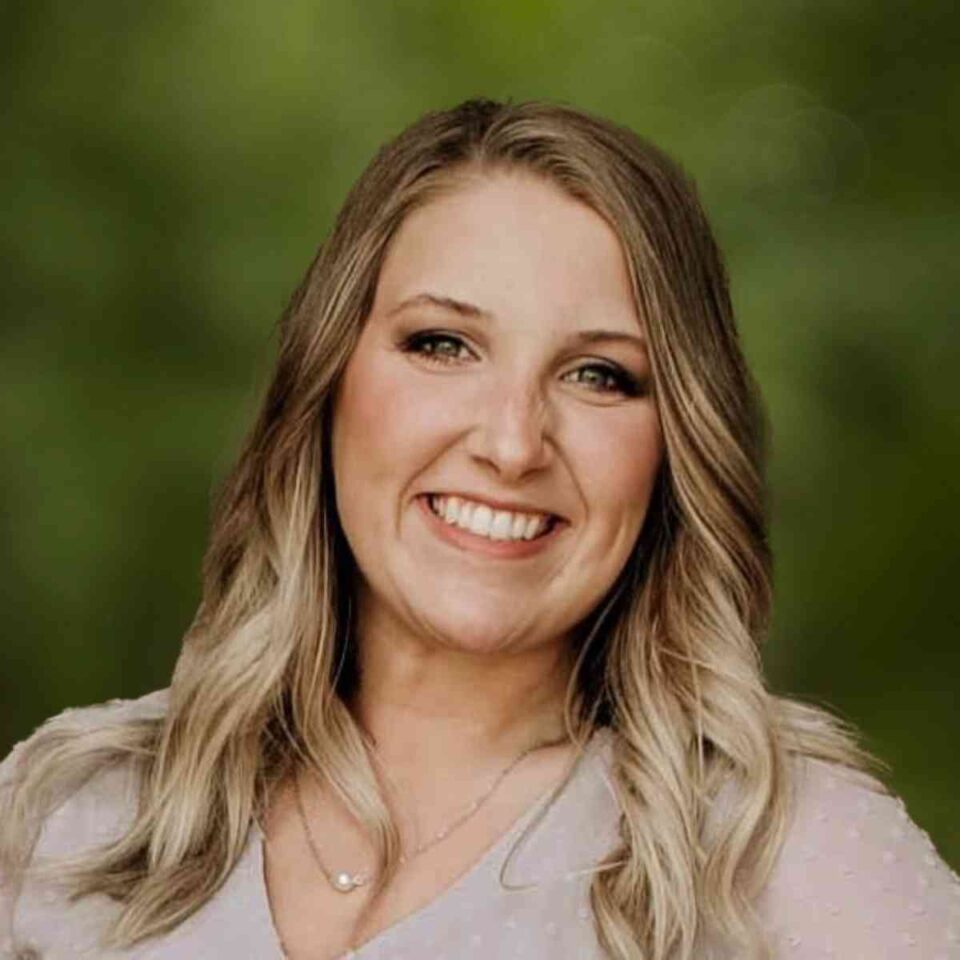
OCD Treatment
in Houston, TX and Online
Has Obsessive Compulsive Disorder Taken Control of Your Life?
There is hope! Effective treatments reducing ocd symptoms are available and can help.

Living with OCD Symptoms
Living with OCD can be a deeply isolating and overwhelming experience. You may struggle with fears and compulsions that manifest in outward, repetitive behaviors, such as perpetually washing your hands or checking that you’ve locked the door.
Or, you may feel consumed by thoughts that are invisible to others, but make it impossible to truly engage with any aspect of your day.
For example, you may question your sexuality or spirituality, which produces a looping identity crisis. No matter what you tell yourself or how much reassurance you receive, you might feel unable to find lasting relief from your fears.
Sometimes, it may seem as though your mind is no longer your own. You may feel trapped, hopeless and desperate for a way to manage your symptoms and reclaim your life.


OCD Is More Common Than You May Think
In the United States, Obsessive Compulsive Disorder affects two to five percent of the population. While that percentage may seem small, it means that one in every forty adults struggles with OCD symptoms.
Both adults and children struggle with OCD. OCD impacts people of all backgrounds, regardless of race, ethnicity or gender. No matter how intense your symptoms are or how isolated you may feel, know that you are not alone. And, OCD is not your fault.
We don’t know definitively what causes OCD. Genetic, hereditary, behavioral, cognitive and environmental factors can trigger the onset of OCD.
What we do know, is that you didn’t do anything to cause OCD. OCD is caused by a neurological problem. The form of treatment used for OCD can produce changes in the brain resulting in symptom reduction. There is hope!


What is OCD?
Everyone experiences distressing thoughts and fears about the future. For some people, those thoughts develop into an anxiety disorder, which can then turn into OCD.
OCD makes it difficult to accept and release distressing thoughts.
Instead, your brain latches onto them, repeating them over and over until it feels that they are true, even when you rationally know that they are not.
For example, everyone occasionally thinks about driving a car off the road. Our brain produces this thought to protect us from putting ourselves in danger. But, if you have OCD, your brain may fixate on the thought, causing you to wonder if you want to hurt others or yourself.
You can start to believe that your thoughts indicate that something is deeply wrong with you, even when it isn’t true. You don’t want to have these thoughts or images, but you can’t stop them.
When we have a distressing thought, our brain feels satisfied once we do or think something that relieves that thought. In the OCD brain, however, that satisfaction does not last. Instead, you experience an ongoing itch for reassurance.
You may have developed a need to do things a certain way and a fear of what might happen if you didn’t. You may feel unable to imagine what it would be like to feel calm and at peace.
Thankfully, managing OCD is possible. With the help of a therapist who specializes in treatment for OCD, you can feel empowered to take control of your symptoms and your life.
OCD Treatment Can Help You Find Lasting Relief
At Eddins Counseling Group, our therapists understand how OCD manifests and operates. We are equipped to help you take concrete, actionable steps to reduce obsessions and compulsions, soothe anxious thoughts and gain a sense of agency over your choices. And, we will never judge you for anything you share or do in sessions. OCD is nothing to be ashamed of, and it does not need to define you or your future.
In initial sessions, your therapist will compassionately listen to your experience and discuss your current symptoms. This includes identifying your obsessions and compulsions. Collaboratively, you will identify goals and change desired.
Your therapist can also help you develop a deeper understanding of how OCD and anxiety function, allowing you to develop greater self-compassion and self-acceptance. The more you learn about how your brain has developed, the more you can recognize that you are not broken or to blame for your symptoms. You may also learn related skills such as stress management and relaxation skills.


OCD Therapy FAQ's
Exposure Therapy for OCD
One therapy we utilize is Exposure Response Prevention (ERP), a specific type of Cognitive Behavioral Therapy for OCD. Cognitive behavior therapy helps by providing you with tools to manage OCD symptoms. In the safety of the therapy session, and as you are ready, your therapist can help you objectively monitor your feelings as you slowly confront your fears without engaging in OCD behaviors. Your therapist will be right there with you, helping you notice when the spark of anxiety arises, articulate your fear and describe how you feel. By being open to the process and patient with yourself, you can come to accept distressing thoughts without engaging in compulsions. As you recognize your capacity to withstand your fear, you can gradually wean yourself off of your compulsions and develop a new sense of safety and security.
ERP therapy is highly effective in reducing the symptoms of OCD. In fact, it’s been proven that OCD is incredibly responsive to erp therapy—more so than many other disorders. With the help of an OCD specialist, it is possible for you to reduce the power of your fears and live a functional, fulfilling life.
Acceptance & Commitment Therapy for OCD (ACT)
ACT is another treatment option for OCD that has shown to be highly effective in reducing symptoms. ACT is another type of cognitive behavior therapy. ACT emphasizes that control doesn't work in the long run and teaches skills that do work instead. The focus in ACT is on overcoming avoidance and learning how to respond differently to thoughts, feelings, and physical sensations. Ultimately, your goals and values guide your behaviors vs your fears.
Medications for OCD
Research shows the most effective treatments for OCD are a combination of cognitive behavioral therapy and medication. We do not prescribe medication at our office, but you can discuss options with a healthcare provider - your therapist, your family physician or a psychiatrist.
The majority of people with OCD benefit from a combination of ERP and selective serotonin re-uptake inhibitors (SSRIs) medication.
There are other treatment options, such as deep brain stimulation or transcranial magnetic stimulation, you can discuss with your therapist if OCD symptoms haven't improved after completing the above treatments.
Some people experiencing OCD may also experience depression due to the debilitating nature of OCD. Some clients are also at greater risk for developing eating disorders, body dysmorphic disorder or substance abuse. Other types of anxiety may also be a concern such as social anxiety, panic attacks or panic disorder.
Our therapists understand the unique symptoms and treatment options for both OCD and related mental health conditions. Further, we work as a team to ensure that you receive the highest level of care.
Many people with OCD recognize that their thoughts are irrational, which can contribute to a deep sense of shame and guilt. You may worry that your therapist will think that you believe your thoughts are rational, and then judge you or think there is something wrong. Or, you might worry that your therapist will tell you the same thing your thoughts are telling you, confirming all of your worst fears about yourself.
If you have had a negative experience in the past, it makes sense that you might be hesitant now. At Eddins Counseling Group, you will work with an OCD specialist who understands the nature of ocd and related disorders. Your therapist will not confirm your fears or judge you for your compulsions. Instead, your therapist can help you release intrusive thoughts and connect with who you really are.
We offer online counseling for treatment of ocd so that you can seek help from the comfort of your home.
OCD treatment can also be conducted for children and teens online following specific protocols found to be effective in research.
The choice to take medication or not is completely up to you. OCD therapy is extremely effective, and you are likely to find that you feel relief without medication. However, you might decide that ocd medication can help you through the therapy process and give you the boost you need to begin approaching your fears. Your therapist will discuss the best treatment plan options for your ocd symptoms and medication may be one of them. For many clients, the treatment option of exposure and response prevention combined with a serotonin reuptake inhibitor medication is the most effective treatment. If you are interested in medication, your therapist can refer you to a qualified psychiatrist and collaborate on your best care.
No matter what you decide, your therapist will be there to support you. There’s nothing wrong with seeking the help you need.
You Can Manage OCD
Therapy does not “cure” OCD, but it can help you live a life no longer ruled by obsessive thoughts and compulsions. Treatment of OCD can help you break free.
We invite you to call Eddins Counseling Group at 832-559-2622 or contact us to request an appointment or for more information about OCD treatment and our practice in Texas.
Get Help From a Specialist in OCD Treatment
Joey Harmon
Joey offers therapeutic services for everyone aged 3 and up and strives to provide a judgment-free environment for you or your child to learn an…
BOOK AN APPOINTMENTMaggie Burkett
Maggie enjoys working with children, teens, and adults experiencing trauma, anxiety, depression, abuse, PTSD, self-harm, etc. Maggie is also a c…
BOOK AN APPOINTMENTShannon Forbes
Shannon offers counseling for adults & couples. Her specialties include anxiety, career concerns, depression, grief & loss, ocd, trauma and rela…
BOOK AN APPOINTMENTTiara Runyon
Tiara offers a collaborative approach, fit to suit your individual needs. Her experience includes working with those facing life transitions and…
BOOK AN APPOINTMENTVanessa Guidry
Vanessa works with teens, young adults and families. She helps with behavioral concerns, emotional stress such as anxiety, anger and depression,…
BOOK AN APPOINTMENTWhat OTHERS Are Saying
Great Counseling Center
Great counseling center. Such a wide variety of highly skilled therapists and great customer service.




















